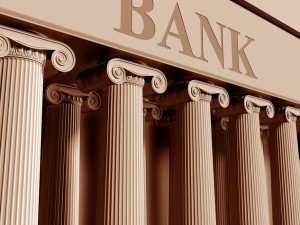 Most Americans are adventure junkies and love to live on the edge. But when it comes to financial management, living on the edge can actually complicate your financial state. As a matter of fact, 49% of Americans don’t have an emergency fund in these tough economic times. This is one of the reasons why Americans are getting into a debt rut. If you’re in a similar situation, then consider the points mentioned below to save more and eliminate your financial obligations.
Most Americans are adventure junkies and love to live on the edge. But when it comes to financial management, living on the edge can actually complicate your financial state. As a matter of fact, 49% of Americans don’t have an emergency fund in these tough economic times. This is one of the reasons why Americans are getting into a debt rut. If you’re in a similar situation, then consider the points mentioned below to save more and eliminate your financial obligations.
Here is an easy 2-step process to gain control of your finances.
Step #1: Track your spending
Begin by tracking your expenses.
Priority Expenses:
- Rent or Mortgage
- Car payments
- Insurance
- Utility bills
- Student loans
Recurring requirements:
- Groceries
- Gas
- Gym memberships
Entertainment expenses:
- Dining in restaurants
- Buying lunch instead of taking one to work
- Going out for coffee
Step #2: Lower your expenses while working on paying off debt
- Save on groceries. Start your savings by trimming your grocery list. Make sure you prepare a list of the things that you need. Preparing a list can actually help you avoid splurging your hard earned money unnecessarily. Leave your credit card home and only take cash while shopping. Use discount coupons.
- Lower your gasoline bills. You can lower your fuel bill by car pooling. You can also save money by driving smoothly, avoiding jack-rabbit starts and stops. And don’t ride your foot on the brake pedal–it increases gas consumption by as much as 35%.
- Sell your clutter on eBay. While this tip may not save you money, it definitely can help you make money. Open your closets and find clothes you haven’t worn or accessories you don’t use. You can sell them on websites like eBay or Craigslist. You can get some extra cash by selling your unused clothes and other things.
Follow these tips to save money while you pay off your debt. You can also follow these tips to payoff debt to attain financial freedom.



